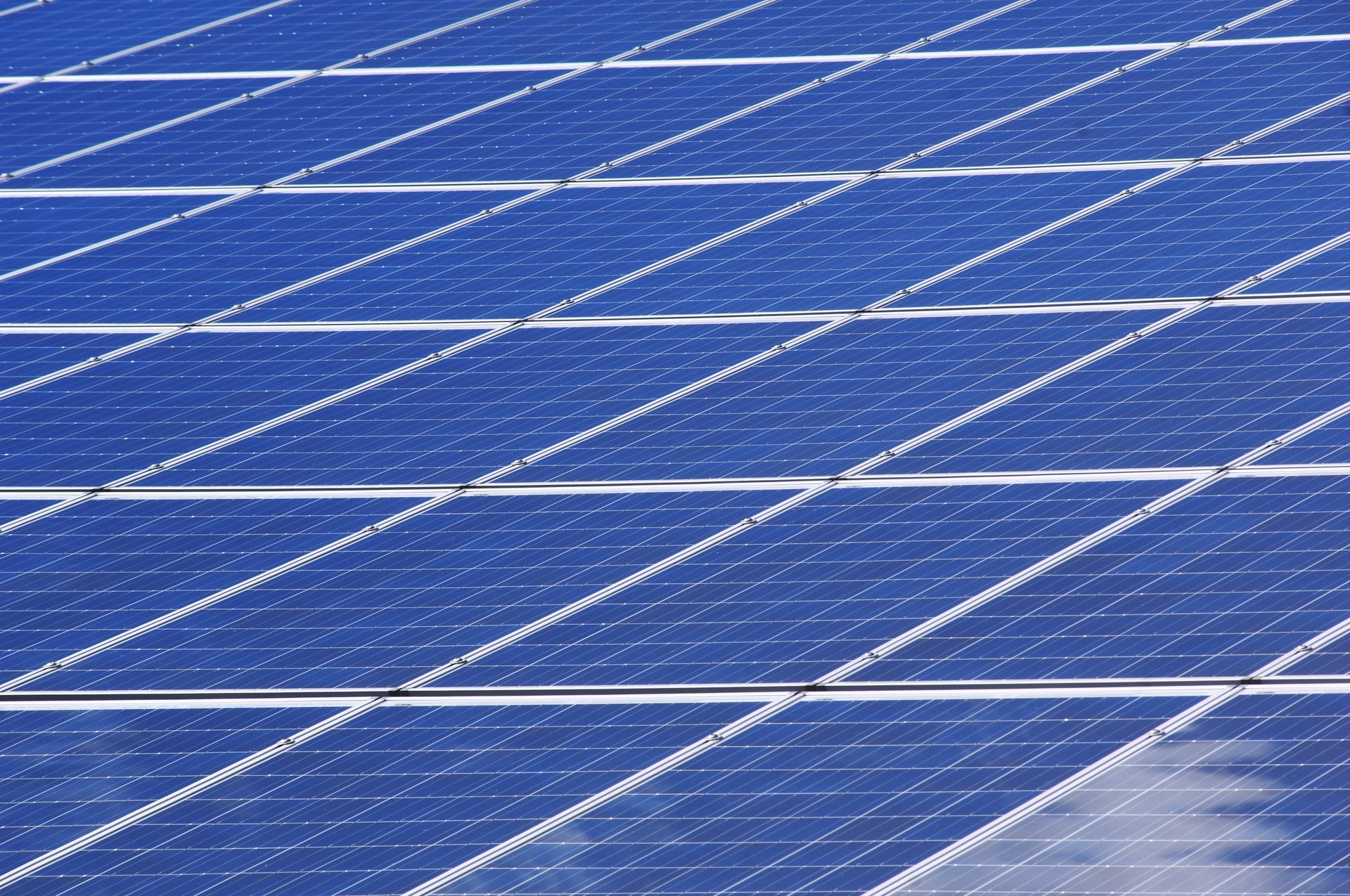The commencement of Goods and Services Tax (GST) has prompted an expansion in the expense of solar photovoltaic (PV) power generation by nearly about 6 percent, an independent investigation by the Council on Energy, Environment, and Water (CEEW) and the International Institute for Sustainable Development (IISD) said on Thursday.
In the meanwhile, there has been a decrease in the expense of thermal power generation by about 1.6 percent due to GST.
Abhinav Soman, a CEEW Programme Associate, and study lead author said: “The uncertainty surrounding the GST rates for various solar PV contracting structures and the imposition of safeguard duty may constrain India’s progress toward its ambitious target of 100 GW (gigawatt) of installing solar capacity through delayed investments.”
He also included that, it is imperative for policymakers to assess such effects and their impact on our decisions of energy sources.
“The GST Council recently clarified that 70 percent of the solar PV contract value will attract 5 percent GST while the remaining 30 percent will be treated as ‘supply of services’ and attracts 18 percent GST. But services constitute a much smaller share of the contract value than 30 percent for most of India’s recent projects. A higher tax burden is unfairly imposed on such projects.” said Neil McCulloch, IISD Associate, and co-author of the study.
The investigation pursues an evaluation of India’s energy subsidies by IISD and CEEW in late 2018. This found the GST has overhauled a huge offer of India’s assessments and the tax-related subsidies.
The exact size of the subsidy to coal-based power generation remains Rs 7,685 crore ($1.1 billion), higher than for solar PV in the accounting year 2018.
India has transformed various subsidies for petroleum-based commodities since 2014. Over the same time span, the government support for sustainable power source has expanded undoubtedly, however, the size of subsidies for coal has remained unchanged to a great extent.


